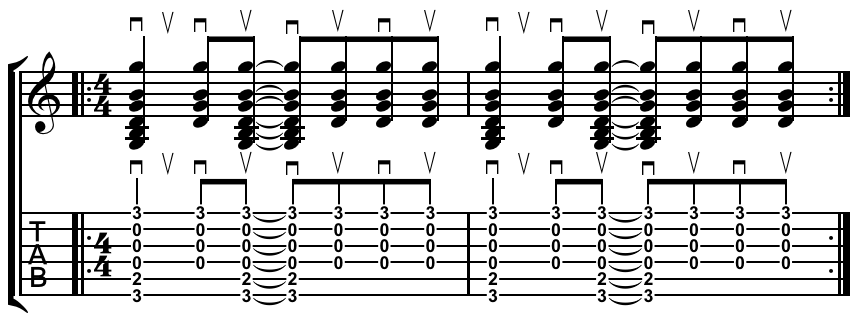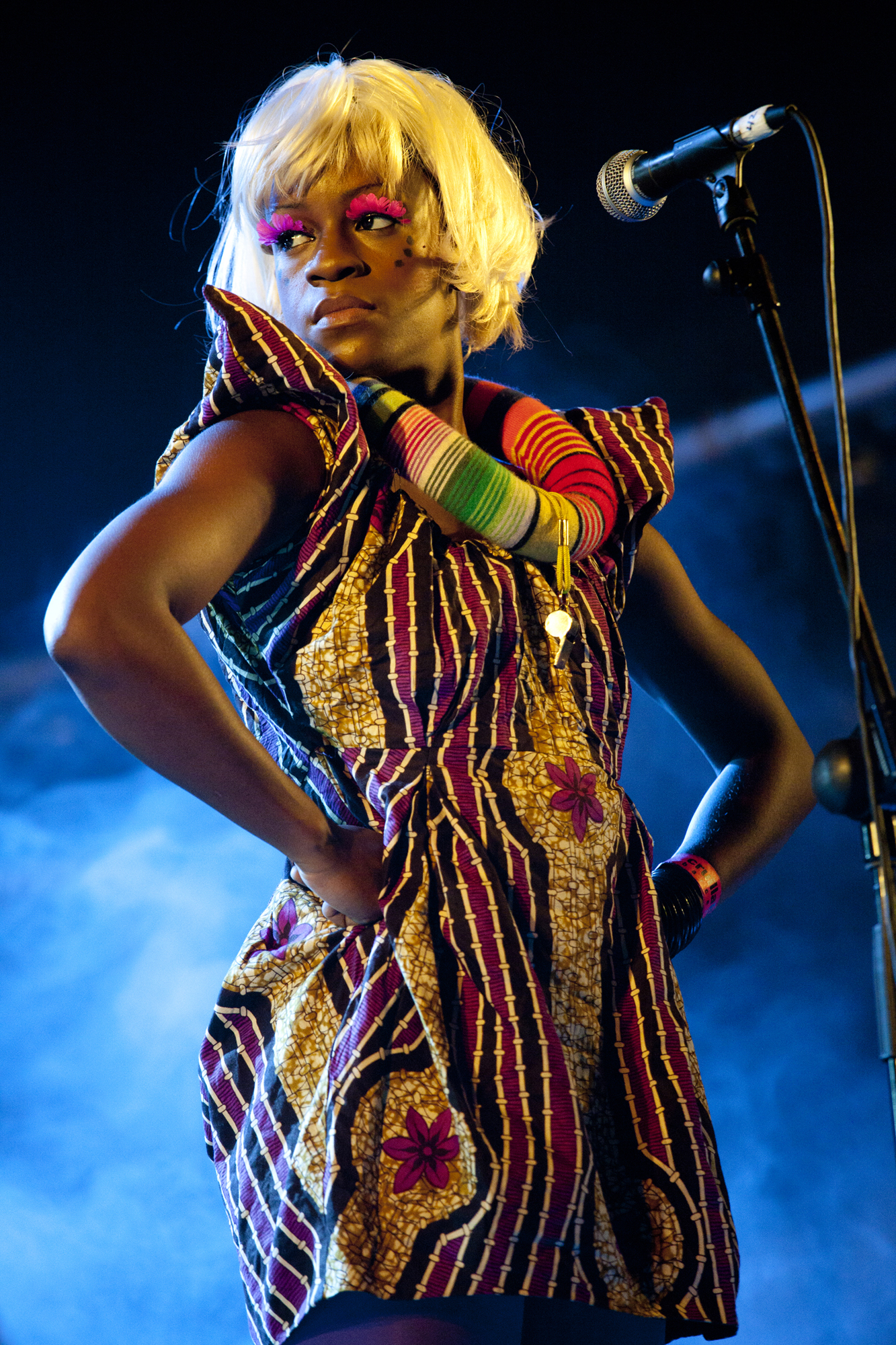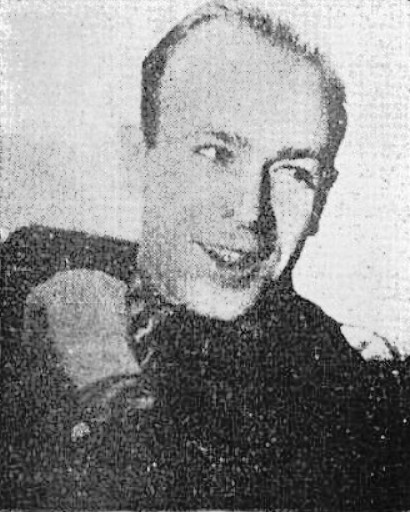|
Keeps Us Off The Streets
''Keeps Us Off the Streets'' is the debut album by British glam rock band Hello, released in 1976. Track listing Personnel ;Hello *Bob Bradbury - lead vocals and backing vocals, rhythm guitar *Keith Marshall - lead guitar Lead guitar (also known as solo guitar) is a musical part for a guitar in which the guitarist plays melody lines, instrumental fill passages, guitar solos, and occasionally, some riffs and chords within a song structure. The lead is the featu ... and backing vocals *Vic Faulkner - bass *Jeff Allen - drums ;Technical *John Dyer - art direction *Bob Searles - design *Roy Round - photography *Jean Junction - jeans References 1976 debut albums Bell Records albums {{1970s-rock-album-stub ... [...More Info...] [...Related Items...] OR: [Wikipedia] [Google] [Baidu] |
Hello (band)
Hello are an English glam rock musical ensemble, band. They originally recorded for the Bell Records (UK), Bell Records record label, label. The band's biggest success came in the UK and Germany in the mid-1970s, when their top 10 hit record, hits in the UK Singles Chart were "Tell Him (Bert Berns song), Tell Him" and "New York Groove". Career The core of Hello was founded around 1969, originally being called The Age. The band was started by Bob Bradbury, previously of The Flashback Berries, with Keith Marshall, Vic Faulkner, and Jeff Allen (brother of Chris Allen, alias Chris Cross of Ultravox). For about a year, they backed singer Caroline Hall, before renaming themselves as Hello in 1971. The group recorded "You Move Me" and "C'mon" in 1972 as well as "Another School Day" in 1973, all on Bell Records, although these were not hits. Their biggest success arose in the UK and Germany in 1974 and 1975. Their top 10 hit record, hits in the UK Singles Chart were "Tell Him (Bert ... [...More Info...] [...Related Items...] OR: [Wikipedia] [Google] [Baidu] |
Russ Ballard
Russell Glyn Ballard (born 31 October 1945) is an English singer, songwriter and musician. Originally coming to prominence as the lead singer and guitarist for the band Argent, Ballard became a songwriter and producer by the late 1970s. His compositions "New York Groove", " You Can Do Magic", "Since You Been Gone", " I Surrender", "Liar", "Winning", "I Know There's Something Going On", "Can't Shake Loose", "So You Win Again" and "God Gave Rock and Roll to You" were hits for other artists during the 1970s and 1980s. He also scored several minor hits under his own name in the early and mid-1980s. Early life Ballard was born in Waltham Cross, Hertfordshire, England. Career Ballard was initially a guitarist, joining Buster Meikle & The Day Breakers in 1961 together with his older brother Roy and their friend the drummer Bob Henrit. After a stint with The Roulettes, backing Adam Faith, he then went on to join Unit 4 + 2 in 1967, before becoming the lead singer and guitarist of Ar ... [...More Info...] [...Related Items...] OR: [Wikipedia] [Google] [Baidu] |
Electric Bass
The bass guitar, electric bass or simply bass (), is the lowest-pitched member of the string family. It is a plucked string instrument similar in appearance and construction to an electric or an acoustic guitar, but with a longer neck The neck is the part of the body on many vertebrates that connects the head with the torso. The neck supports the weight of the head and protects the nerves that carry sensory and motor information from the brain down to the rest of the body. In ... and Scale length (string instruments), scale length, and typically four to six string (music), strings or Course (music), courses. Since the mid-1950s, the bass guitar has largely replaced the double bass in popular music. The four-string bass is usually tuned the same as the double bass, which corresponds to pitches one octave lower than the four lowest-pitched strings of a guitar (typically E, A, D, and G). It is played primarily with the fingers or thumb, or with a plectrum, pick. To be heard ... [...More Info...] [...Related Items...] OR: [Wikipedia] [Google] [Baidu] |
Lead Guitar
Lead guitar (also known as solo guitar) is a musical part for a guitar in which the guitarist plays melody lines, instrumental fill passages, guitar solos, and occasionally, some riffs and chords within a song structure. The lead is the featured guitar, which usually plays single-note-based lines or double-stops. In rock, heavy metal, blues, jazz, punk, fusion, some pop, and other music styles, lead guitar lines are usually supported by a second guitarist who plays rhythm guitar, which consists of accompaniment chords and riffs. History The first form of lead guitar emerged in the 18th century, in the form of classical guitar styles, which evolved from the Baroque guitar, and Spanish Vihuela. Such styles were popular in much of Western Europe, with notable guitarists including Antoine de Lhoyer, Fernando Sor, and Dionisio Aguado. It was through this period of the classical shift to romanticism the six-string guitar was first used for solo composing. Through the 19th century ... [...More Info...] [...Related Items...] OR: [Wikipedia] [Google] [Baidu] |
Rhythm Guitar
In music performances, rhythm guitar is a technique and role that performs a combination of two functions: to provide all or part of the rhythmic pulse in conjunction with other instruments from the rhythm section (e.g., drum kit, bass guitar); and to provide all or part of the harmony, i.e. the chords from a song's chord progression, where a chord is a group of notes played together. Therefore, the basic technique of rhythm guitar is to hold down a series of chords with the fretting hand while strumming or fingerpicking rhythmically with the other hand. More developed rhythm techniques include arpeggios, damping, riffs, chord solos, and complex strums. In ensembles or bands playing within the acoustic, country, blues, rock or metal genres (among others), a guitarist playing the rhythm part of a composition plays the role of supporting the melodic lines and improvised solos played on the lead instrument or instruments, be they strings, wind, brass, keyboard or even percus ... [...More Info...] [...Related Items...] OR: [Wikipedia] [Google] [Baidu] |
Backing Vocals
A backing vocalist is a singer who provides vocal harmony with the lead vocalist or other backing vocalists. A backing vocalist may also sing alone as a lead-in to the main vocalist's entry or to sing a counter-melody. Backing vocalists are used in a broad range of popular music, traditional music, and world music styles. Solo artists may employ professional backing vocalists in studio recording sessions as well as during concerts. In many rock and metal bands (e.g., the power trio), the musicians doing backing vocals also play instruments, such as guitar, electric bass, drums or keyboards. In Latin or Afro-Cuban groups, backing singers may play percussion instruments or shakers while singing. In some pop and hip hop groups and in musical theater, they may be required to perform dance routines while singing through headset microphones. Styles of background vocals vary according to the type of song and genre of music. In pop and country songs, backing vocalists may sing harmo ... [...More Info...] [...Related Items...] OR: [Wikipedia] [Google] [Baidu] |
Lead Vocals
The lead vocalist in popular music is typically the member of a group or band whose voice is the most prominent melody in a performance where multiple voices may be heard. The lead singer sets their voice against the accompaniment parts of the ensemble as the dominant sound. In vocal group performances, notably in soul and gospel music, and early rock and roll, the lead singer takes the main vocal melody, with a chorus or harmony vocals provided by other band members as backing vocalists. Lead vocalists typically incorporate some movement or gestures into their performance, and some may participate in dance routines during the show, particularly in pop music. Some lead vocalists also play an instrument during the show, either in an accompaniment role (such as strumming a guitar part), or playing a lead instrument/instrumental solo role when they are not singing (as in the case of lead singer-guitar virtuoso Jimi Hendrix). The lead singer also typically guides the vocal ensem ... [...More Info...] [...Related Items...] OR: [Wikipedia] [Google] [Baidu] |
Ira Schuster
Ira Schuster (October 13, 1889 – October 10, 1946) was an American songwriter, who worked as a pianist at various publishing companies on Tin Pan Alley in the early 20th century. He was also known as John Siras. Biography He was born in New York City on October 13, 1889, to Sarah and Morris Schuster. His father was from Germany and his mother from England. He had a brother, Joseph Schuster (vaudeville). Schuster married Minnie and had two children, Wallace Schuster and Phoebe Schuster. Schuster collaborated with other notable songwriters of the time, and had a string of hits in the 1910s, 1920s and 1930s. Schuster was also one of the first songwriters to form his own publishing company. His best known songs include "Hold Me," "In a Shanty in Old Shanty Town," "Ten Little Fingers and Ten Little Toes," "I Am an American," "Go Home and Tell Your Mother," "Any Day Now," "I'm Alone Because I Love You" and "Let’s Grow Old Together." Schuster died in New York, aged 55, in Octobe ... [...More Info...] [...Related Items...] OR: [Wikipedia] [Google] [Baidu] |
Jack Little (songwriter)
Jack Little (born John Leonard; May 30, 1899 – April 9, 1956), (Another source gives his birth date as May 28, 1902.)DeLong, Thomas A. (1996). ''Radio Stars: An Illustrated Biographical Dictionary of 953 Performers, 1920 through 1960''. McFarland & Company, Inc. . P. 167. sometimes credited Little Jack Little, was a British-born American composer, singer, pianist, actor, and songwriter whose songs were featured in several movies. He is not to be confused with the burlesque comedian also known as "Little" Jack Little, who stood 4'5". Early years Little was born in the Silvertown section of London, but moved to the United States when he was 9 years old, growing up in Waterloo, Iowa. He was educated in pre-med classes at the University of Iowa, where he played in and organized the university band. Career Early in his career, Little worked at radio stations, including WSAI and WLW, both in Cincinnati, Ohio. He had a 15-minute daily program (originating from WLW) on NBC radio in ... [...More Info...] [...Related Items...] OR: [Wikipedia] [Google] [Baidu] |
Hold Me (1933 Song)
"Hold Me" is a popular song by Jack Little, Dave Oppenheim, and Ira Schuster. The song was published in 1933; it was recorded by co-writer Little (as Little Jack Little), and covered by Eddy Duchin, Greta Keller and Ted Fio Rito. A new version was recorded by P. J. Proby in 1964, and reached No. 3 on the UK Singles Chart. The song features Jimmy Page on rhythm guitar, Big Jim Sullivan on lead guitar (using a fuzz box loaned to him by Page) and Bobby Graham on drums. Proby's version also charted at No. 10 in Ireland, becoming his only chart entry in that country. BA Robertson version In 1981, it was covered by B. A. Robertson and Maggie Bell, reaching No. 11 on the UK chart, and also peaking at No. 11 in Ireland. Charts Eddy Duchin and His Orchestra Ted Fioroto and His Orchestra Hotel Commodore Dance Orchestra Don Cornell P.J. Proby Bert Kaempfert and His Orchestra The Baskerville Hounds BA Robertson & Maggie Bell Other recordings * Brenda Lee - for her albu ... [...More Info...] [...Related Items...] OR: [Wikipedia] [Google] [Baidu] |
Johnny Kidd (singer)
Frederick Albert Heath (23 December 1935 – 8 October 1966), known professionally as Johnny Kidd, was an English singer-songwriter, best remembered as the lead vocalist for the rock and roll band Johnny Kidd & the Pirates. He was one of the few pre-Beatles British rockers to achieve worldwide fame, mainly for his 1960 hit, "Shakin' All Over". Biography Frederick Albert "Freddie" Heath was born in 1935 in Willesden, North London, England. He began playing guitar in a skiffle group in about 1956. The group, known as "The Frantic Four" and later as "The Nutters", covered primarily skiffle, pop and rockabilly. Simultaneously Heath was proving to be a prolific writer; penning most of 30 songs in over three months. Heath's 31st song would prove to be the group's break. In 1959, Heath and his band were given a recording test for their first single, a rocker titled " Please Don't Touch". A contract with HMV quickly followed and the group were then informed during the session that the ... [...More Info...] [...Related Items...] OR: [Wikipedia] [Google] [Baidu] |
Shakin' All Over
"Shakin' All Over" is a song originally performed by Johnny Kidd & the Pirates. It was written by leader Johnny Kidd, and his original recording reached No. 1 on the UK Singles Chart in August 1960. The song is sometimes credited to Frederick Albert Heath, which is Kidd's real name. Kidd's recording was not a hit outside Europe. In other parts of the world the song is better known by recordings from other artists. A version by Chad Allan and the Expressions, later known as The Guess Who, was recorded in December 1964. It reached #1 in Canada in the spring of 1965, #22 in the US and #27 in Australia. Another famous recording by The Who was featured on their 1970 album ''Live at Leeds''. Normie Rowe's 1965 version reached No. 1 in Australia as a double A-side with "Que Sera Sera". History Johnny Kidd version The musicians who performed on the original recording were Johnny Kidd (vocals), Alan Caddy (rhythm guitar), Brian Gregg ( bass), Clem Cattini (drums) and Joe Moretti (lea ... [...More Info...] [...Related Items...] OR: [Wikipedia] [Google] [Baidu] |




